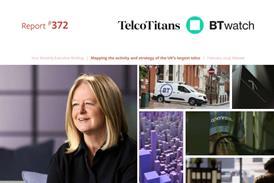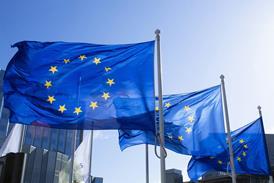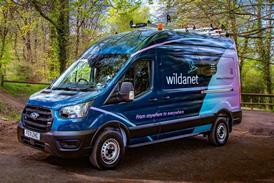- Telcos
- Network & IT
- Infra
- People
- Finance & Strategy
- Events
- Regions
- Thought Leadership
 From defence to attack: CSG’s blueprint for telco AI transformation
From defence to attack: CSG’s blueprint for telco AI transformation BITÉ and brown-iposs: bridging the confidence gap for Level 5 RAN automation
BITÉ and brown-iposs: bridging the confidence gap for Level 5 RAN automation Bridging the gap to Level 4: why network autonomy needs a digital double
Bridging the gap to Level 4: why network autonomy needs a digital double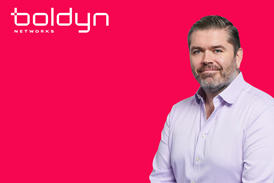 Boldyn’s marathon man: Brendan O’Reilly on building ‘win‑win’ shared networks for the UK
Boldyn’s marathon man: Brendan O’Reilly on building ‘win‑win’ shared networks for the UK
- Premium
- TelcoX EMEA Leadership & Performance Study
Close menu
- Home
- Telcos
- Network & IT
- Infra
- People
- Finance & Strategy
- Events
- Regions
- Thought Leadership
- Premium
- TelcoX EMEA Leadership & Performance Study
EC kicks off ‘fair share’ consultation
Samritee Kumari2023-02-09T09:53:00

Source: Unsplash / Nastya Dulhiier
Commission launches consultation on whether tech companies should contribute to network costs.
This is TelcoTitans Professional Subscription content. Subscribe now.
Already a subscriber? Sign in here, or contact us to check if your company has access.
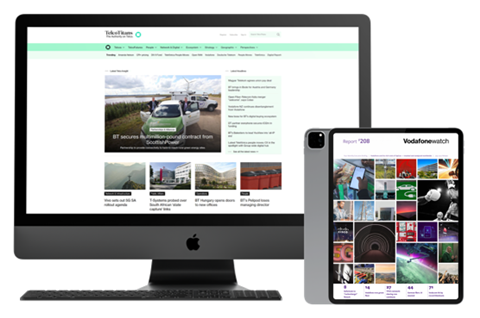
Become a TelcoTitans Professional Subscriber
Read this article and get full access to all TelcoTitans premium telco and digital infra content by subscribing today.
TelcoTitans Professional subscriptions include:
- Full access to all TelcoTitans online news, insight and analysis, including Professional-only and deep-dive content on leading tier-1 telcos
- Professional-only premium weekly CSP briefings and newsletters
- Industry-leading insight and analysis that you simply cannot get anywhere else
“Super intelligence, consistently high quality, compact and easy to digest” – Deloitte.






